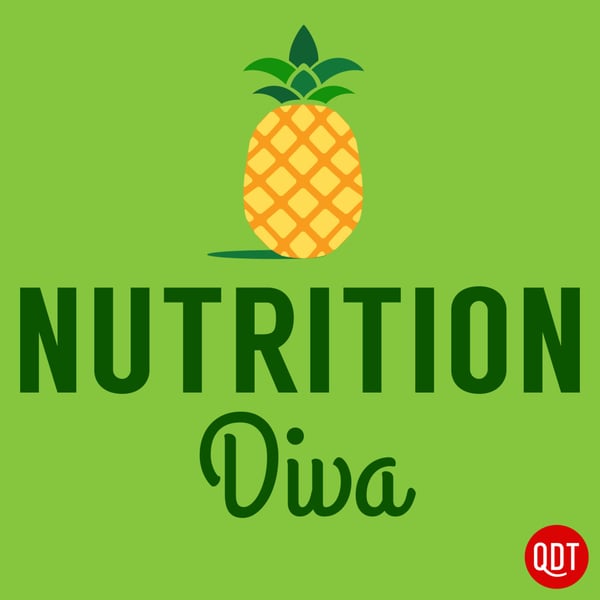393 ND Are Saponins in Quinoa Toxic?
Nutrition Diva
Macmillan Holdings, LLC
4.3 • 1.7K Ratings
🗓️ 3 August 2016
⏱️ 6 minutes
🧾️ Download transcript
Summary
Transcript
Click on a timestamp to play from that location
| 0:00.0 | Hello and |
| 0:05.0 | I'm glad you're listening today. |
| 0:07.0 | I'm your host, Monica Reinagle, |
| 0:09.0 | and I'm glad you're listening today. |
| 0:11.0 | Diana writes, I eat Kenwa all the time, |
| 0:14.8 | but now I'm learning that the sapinins in Kenwa |
| 0:17.9 | could cause intestinal damage and an inflammatory immune response. |
| 0:22.6 | I would love your thoughts on this. |
| 0:24.8 | You know, Diana, if you look hard enough, |
| 0:27.6 | you can find some sort of sinister side |
| 0:30.0 | to every so-called superfood, |
| 0:32.2 | and I guess it was really only a matter of time before |
| 0:34.3 | Kienwa got its come-upence. And sure enough if you do a quick Google search you'll find |
| 0:40.5 | all kinds of scary warnings about the sabinins in Kenwa. |
| 0:45.0 | Some people claim that these sapinins are toxic and that they irritate the |
| 0:49.2 | intestinal lining causing inflammation and all kinds of other trouble. |
| 0:53.0 | But is there evidence to support these claims? |
| 1:00.0 | Sapinins are bitter compounds that are naturally present in Kienwa, along with lots of other foods, including a wide variety of legumes, vegetables, and herbs. |
| 1:10.0 | They get their name because they lather up in water forming soap suds. |
| 1:15.0 | In fact, the herb soap wart is one of the most concentrated sources of saponins |
| 1:20.0 | and it can even be used to make a natural cleanser. |
| 1:23.0 | Like lots of other phytocompounds, |
... |
Please login to see the full transcript.
Disclaimer: The podcast and artwork embedded on this page are from Macmillan Holdings, LLC, and are the property of its owner and not affiliated with or endorsed by Tapesearch.
Generated transcripts are the property of Macmillan Holdings, LLC and are distributed freely under the Fair Use doctrine. Transcripts generated by Tapesearch are not guaranteed to be accurate.
Copyright © Tapesearch 2025.

